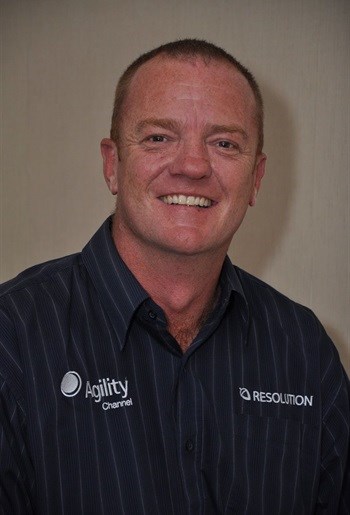Health costs have climbed considerably over the past decade and yet, while healthcare cover remains a grudge purchase for many, talk of cost containment measures can make some consumers question whether this comes at the expense of quality.

Mark Arnold, Principal Officer of Resolution Health Medical Scheme
Those of us who pay monthly medical scheme contributions to access private healthcare have vested interest in ensuring that healthcare funds are prudently managed to ensure that our needs are covered while promoting principles that optimise the quality of these services.
The risk management and managed care approach of each medical scheme is a reflection of this and informed healthcare consumers will vote with their feet and their wallets when evaluating whether their chosen scheme is adequately balancing this delicate equation.
South African healthcare system in transition
The South African healthcare system is in transition as we move towards the implementation of National Health Insurance (NHI). It is perhaps only natural that those who have been accustomed to private healthcare are concerned that concessions may have to be made on quality as the systems serving the ‘haves’ and ‘have-nots’ move closer to being amalgamated.
While there may be some areas of uncertainty, there is considerable opportunity for securing a brighter healthcare future for all. If we can secure foundations of rational containment of costs now, it will underpin appropriate access to quality healthcare for generations to come. In the evolution of any system of considerable public importance, there must be a little give and take in the short to medium term to establish consensus. This is the time to thrash out the details and consider what we have learned since the dawning of democracy to inform the next paradigm in South African healthcare funding.
Healthcare pricing
One aspect that needs to be urgently addressed is healthcare pricing. The Demarcation Regulations with regard to health insurance products and the proposed introduction of low-cost benefit options are likely to make inroads on healthcare pricing, however, other interventions will also be required to help contain spiralling healthcare costs.
One possible solution could be healthcare pricing ceilings, however, this could be seen as stifling competition between healthcare providers and it could potentially create an environment that is not optimally conducive to the promotion of quality services.
I would instead argue for the establishment of a framework within which healthcare funders can collectively negotiate a tariff structure with healthcare providers. In this way, both the healthcare funders and providers would be in a position to put their cards on the table and together find solutions that protect the integrity of South African healthcare in the interests of the people at the heart of the equation, and which both parties serve: their members and patients.
The triage system
The greatest cost driver in South African healthcare will also need to be addressed to moderate such negotiations, that is the high demand for scarce healthcare resources. There are no two ways about it, the demand for specialised healthcare will need to be urgently moderated if we are to conserve costs and promote quality.
Emergency medicine provides a practical model for ensuring that those in need are treated at the appropriate level of care, and this is the ‘triage system’, which prioritises patient care according to the severity of the condition of the patient. South Africa has a relatively well-developed primary healthcare system, which is equipped to serve the public’s day-to-day health needs as well as an array of preventative healthcare services. The time has come to put this system to optimal use, thereby alleviating some pressure at tertiary healthcare level.
If the power of primary healthcare could drive such a triage system to refer patients to the type of care most suitable to their needs, the more specialised health services would be in a better position to provide quality care where it is needed. A system of care coordination such as this could furthermore assist in closing existing gaps in continuity of patient care, particularly if it is supported with suitable information technology systems. Treating patients earlier will furthermore result in better outcomes and a healthier, more productive population.
A new era of healthcare consumer behaviour
In the run up to NHI, medical schemes have a considerable role to play in ushering in a new era of healthcare consumer behaviour through educating, motivating and encouraging members. Where members feel they are not obtaining true value in terms of access to quality healthcare, they will no doubt push back through exercising consumer choice.
I believe that these forces will help to shape all aspects of our healthcare system for the better through making healthcare funders more receptive to members’ needs, making healthcare providers more mindful of pricing while promoting quality care, and driving a sustainable future for the benefit of all who require healthcare, both now and in the future.































